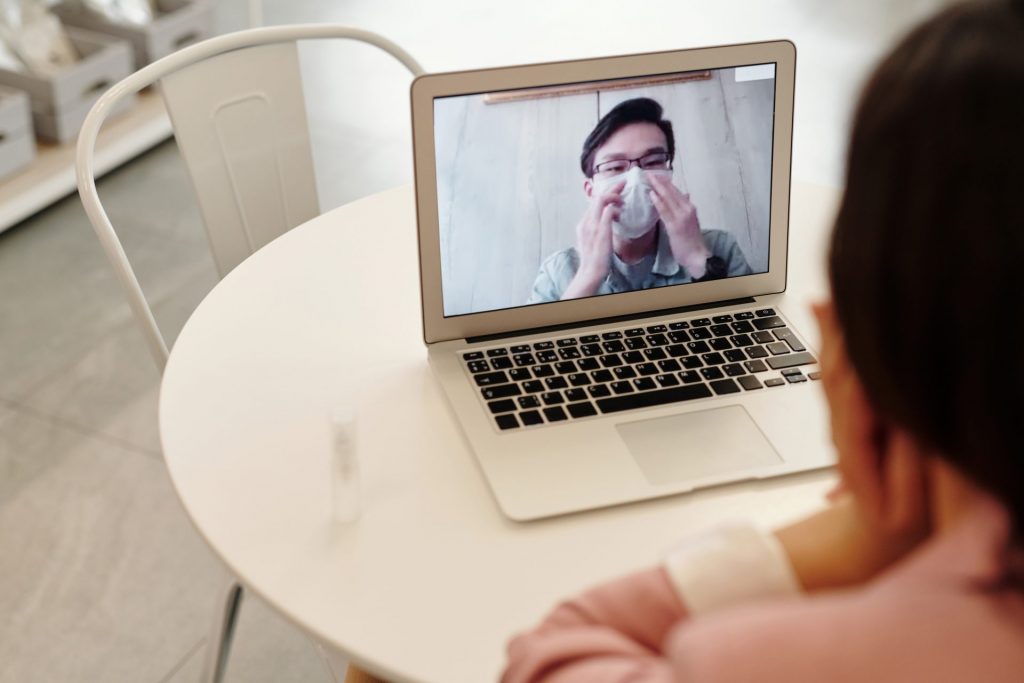‘When suffering strikes, the social fabric of our world is torn, and may well be left beyond repair. We are made to endure the unendurable. Yet, one of the more troubling lessons from our history – and especially the history of modern times – is that it is often only when we are involved in the collective shock and trauma of a great disaster such as the COVID-19 pandemic that we are moved to radically change our attitudes and behaviours.
‘Great events of human suffering hold the power to arrest our moral attention, and thereby commit us to question the values we live by. By the anguish and pain of such experience, moreover, it is sometimes made impossible for us to ever return to an unthinking acceptance of things as they are. We may now be living in the midst of such times.
‘It is through painful experiences that entail the most terrible uprooting of life that we are brought under the compulsion to reach out for what really matters in our lives. Many of us are being drawn to do this now and more people are staying at home as much as possible. No doubt we shall often feel that our capacity for thinking is exhausted and that any actions that we take “to do some good” are useless. Failure is inevitable; yet it may still be possible for us to fail forward toward better ways of taking account of ourselves and of taking care of others during this time. If there is such a thing as “sociological wisdom” to draw for our current predicament, then I hold that it lies in the learning that is made possible through our involvement in acts of care.’
Professor Iain Wilkinson’s work concerns a range of issues relating to problems of social suffering. He explores how individuals are socially disposed to interpret and respond to problems of human suffering. He attends to occasions where encounters with the problem of suffering are involved in changing people’s beliefs, attitudes and behaviours. This involves him investigating the cultural history of modern humanitarianism and humanitarian social movements.

